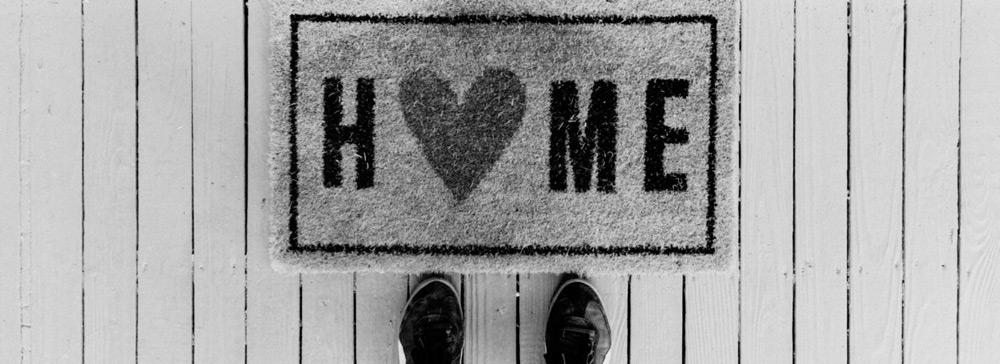An Advance Health Care Directive allows you to make health care decisions for yourself and let those wishes be known when and if you are incapacitated and unable to communicate your wishes.
A “Living Will” and “Power of Attorney for Health Care” are similar documents used in other states, but in California, the Advance Health Care Directive (“AHCD”) is the estate planning document that is used to let your wishes regarding medical decisions be known.
One of the most important aspects of an AHCD includes the power to designate an agent to both enforce the decisions you have already made in your AHCD and to make decisions regarding health care options for anything you did not already decide. Once you designate an agent in your AHCD it gives this person the power and ability to decide, on your behalf, various health care related choices. Your agent can be a spouse, child, a family member, or a friend. To avoid conflict-of-interest issues, the agent you select cannot be a medical care provider, operator of a community or neighborhood care facility, operator of a care facility for the elderly, or in most cases, any employee of any of these facilities.
The agent you appoint, will have the legal authority to instruct medical providers about your medical care if you are unconscious or unable to give these instructions yourself. Your agent is legally bound to carry out your wishes, as put forth in your AHCD. If you at some point become incapacitated, your agent’s authority overrides others’ and this person will decide on your behalf various treatment options, as spelled out in your AHCD. You may limit your agent’s authority when you complete your AHCD or give him or her complete authority to make all healthcare decisions for you.
You should also designate one or two alternate agents for your healthcare decisions in the event your primary choice is unable or unwilling to act when the time comes that they need to instruct others on your help care decisions or make these difficult decisions for you.
It is important when choosing an agent for healthcare decisions that you discuss your designation with them before you select them in your AHCD. You should make sure the person you selected is trustworthy. They also need to be capable of handling the difficult task of enforcing your healthcare decisions or making them when necessary. They should be someone who is geographically close enough to be there to make decisions under short notice if necessary. And it is also important to discuss with alternate agents that they too have been selected to act in the event your primary choice cannot or will not act.
When you create an AHCD, you decide what you want, including use of life support equipment, donation of body parts, authorization for an autopsy if warranted, and what is to be done with your remains. Your agent simply makes sure your wishes are carried out. You may also deny these powers of your agent. Health care decisions may also include selection and dismissal of health care providers and institutions, diagnostic test or surgical procedure approval or disapproval, medication programs, and directions to provide, withhold, or withdraw artificial hydration and nutrition and all health care of other forms, including cardiopulmonary resuscitation.
Your AHCD becomes operative when the doctor, or doctors, of your choice designate that you are incapacitated and unable to convey to medical personnel your healthcare decisions for yourself or understand the ramifications of those decisions. Or an AHCD can become operative right away, giving your agent the immediate power to make your health care decisions.
And remember, your AHCD can be revoked by you at any time. If you do not revoke the AHCD, it will remain effective indefinitely except in the event that a termination date that predates your death was specified in the document.
It’s your body, your decision. By creating an AHCD you decide what happens to you and you decide who enforces those decisions. Without an AHCD someone you may not want making your healthcare decisions could be making them for you – and they could be making healthcare decisions about what happens to you that you do not agree with. Don’t let that happen. Create an AHCD today!
Creating An Advance Health Care Directive
For more information on how to create an advance health care directive, contact Estate Planning Attorney, Eric A. Rudolph Esq., at (760) 673-7600 or schedule an estate planning consultation.







